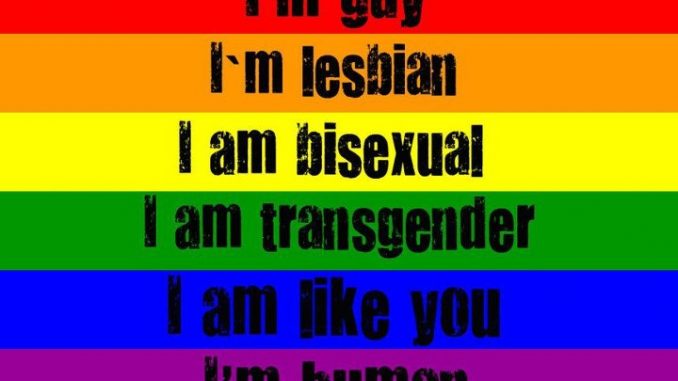
BLANTYRE, Malawi – Just like what Botswana has done, Malawi should scrap off outdated colonial homosexuality laws.
The suspension of the implementation of outdated laws on same-sex laws in Malawi over the past eight years has proved that it is possible to achieve equality for all citizens, regardless of sexual orientation and gender identity, a human rights activist has said.
Centre for Solutions Journalism (CSJ) executive director Brian Ligomeka said on Tuesday in an interview that Malawi needs to do more than simply maintaining a moratorium for eight years.
“During the past years all the people including LGBTI citizens have enjoyed their fundamental human rights to privacy, equality and non-discrimination despite few incidents of LGBTI rights abuses. The government has lived up to its promise of not arresting, detaining, charging or prosecuting persons engaged in consensual, same-sex activity.
“Eight years of implementing a moratorium is a practical proof that strong political will can initiate the process of turning Malawi from a homophobic nation into an inclusive one,” he said.
According to Ligomeka, after eight years of implementing the moratorium, Malawi can follow the footsteps of some southern African nations such as Mozambique, South Africa and Botswana which have decriminalised homosexuality.
Progressive countries in the world have led the way in demonstrating that non-discrimination and tolerance is possible. A number of countries in Africa have also taken a similar path of decriminalising homosexuality.
“Malawi already made the initial step of suspending homosexuality laws in 2012 and re-affirmed the same on several occasions. What remains is to complete the final step of decriminalisation,” he said.
Moratorium not enough
While acknowledging that the suspension of the law was a move in the right direction, Ligomeka said incidents of human rights violations against LGBTI citizens have occurred as others still assume the anti-gay laws are still intact.
He said challenges facing the LGBTI community can be effectively be addressed through decriminalisation.
“LGBTI citizens also face stigma and violence, which can easily be addressed if the law is decriminalised,” he said.
Ligomeka observed that LGBTI citizens who in Malawi are generally referred to as men who have sex with men or MSMs and women who have sex with women (WSWs) also struggle to access friendly health services.
MSMs have been identified as a key affected population within the Malawian HIV epidemic.
Nearly one in five MSMs is living with HIV, according to National AIDS Commission.
Botswana’s sets the tone
In Botswana, the High Court on Tuesday ruled in favour of decriminalising homosexuality.
Judge Michael Elburu declared it was time to “set aside” the “provisions of a Victorian era” and ordered the laws be amended.
The judge declared that the Botswana gay laws oppressed a minority of the population explaining that “a democratic nation is one that embraces tolerance, diversity, and open mindedness… societal inclusion is central to ending poverty and fostering shared prosperity.”
“There’s nothing reasonable in discriminating,” he said.
“We say the time has come that private, same sexuality must be decriminalised….It is a variety of human sexuality,” he said.
According to the judge, “sexual orientation is human. It’s not a question of fashion….The question of private morality should not be the concerns of the law.”
Commenting on the development, Ligomeka said it is time that Africans should learn to respect the privacy and dignity of LGBTI citizens.
“It does not make sense to hate, discriminate, persecute and prosecute people for loving for they have chosen to love. The politics of sniffing around and spying on who is loving who, or who is sleeping with who, is primitive.
“People should enjoy their right to privacy without interference from the state,” he said. “Does it really make sense to be policing what two consenting adults are doing in the confines of their bedrooms?” he quizzed.
Ligomeka said that Malawians should start “to celebrate our diversities and recognise each one’s contribution regardless of our sexual orientations and gender identities.”
